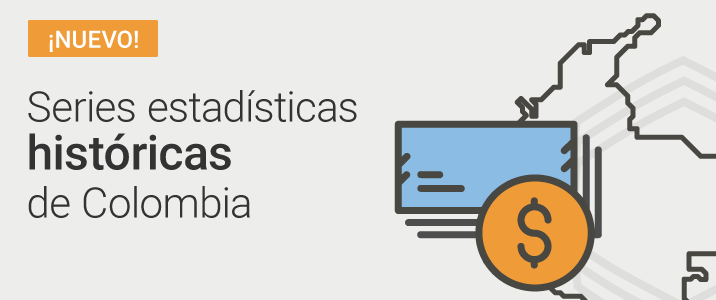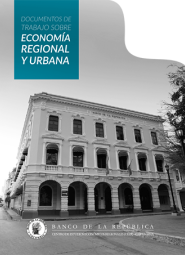Educational Segregation and the Gender Wage Gap for Recent College Graduates in Colombia
La serie Borradores de Economía es una publicación de la Subgerencia de Estudios Económicos del Banco de la República. Los trabajos son de carácter provisional, las opiniones y posibles errores son responsabilidad exclusiva del autor y sus contenidos no comprometen al Banco de la República ni a su Junta Directiva.
In this paper we show the importance of subject of degree in explaining the gender wage gap in Colombia. In order to minimize the influence of gender differences in experience, promotions, and job changes on the wage gap, we focus on college graduates who have a formal job and who have been in the labor market at most one year. Using unique, administrative datasets with detailed subjects of degree, we find that the wage gap against women is on average 11% and that 40% of it can be explained by differences in subject of degree. Using a distributional decomposition, we find an increasing gender wage gap across the distribution of wages (from 2% at the bottom to 15% at the top), although subject of degree explains a lower 30% of the gap at the top. Policies designed to reduce the gender wage gap need to address the differing gender educational choices and the factors that influence them. These policies would be more effective in reducing the gap for median wage earners.
This article uses microdata from the Colombian Graduates Database, which is administered by the Labor Observatory of the Ministry of Education. The findings and views in this article are the authors’ and should not be attributed to the Ministry of Education, the Banco de la República (Central Bank of Colombia) or its Board of Directors.


















































